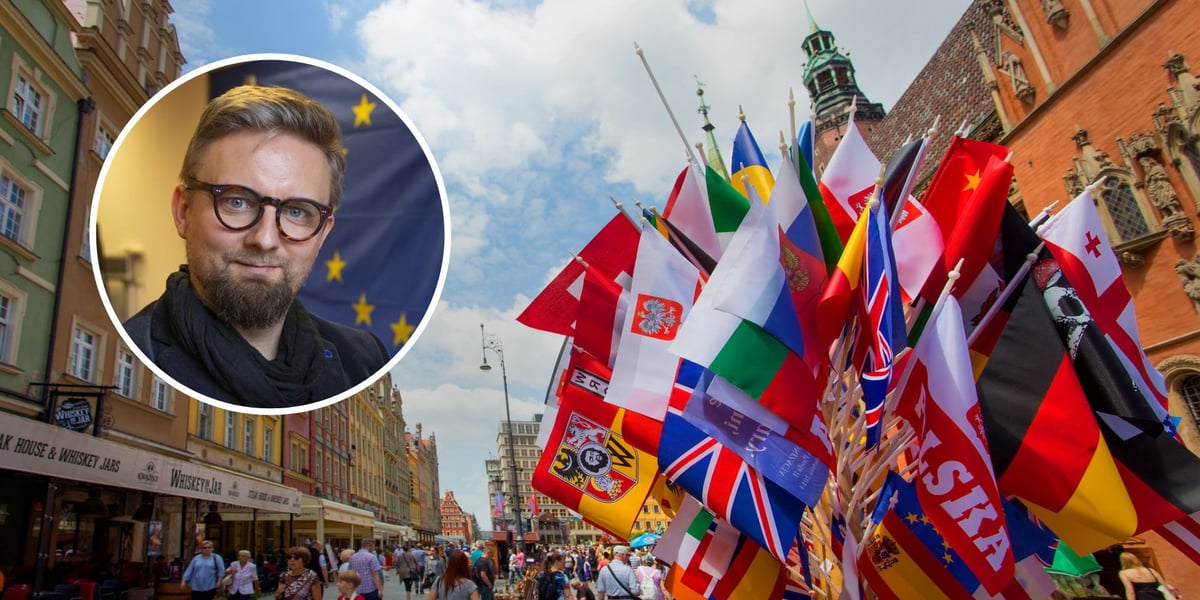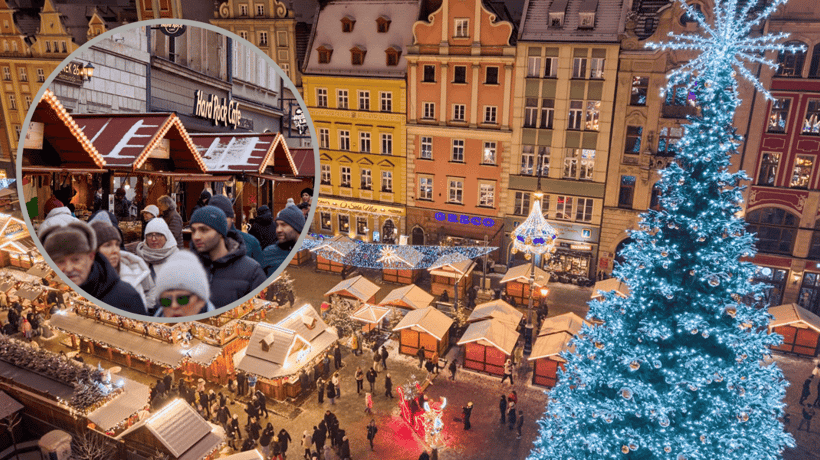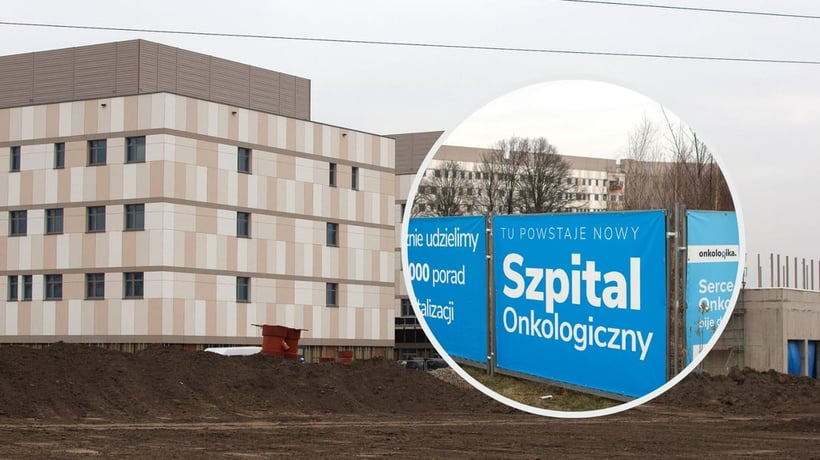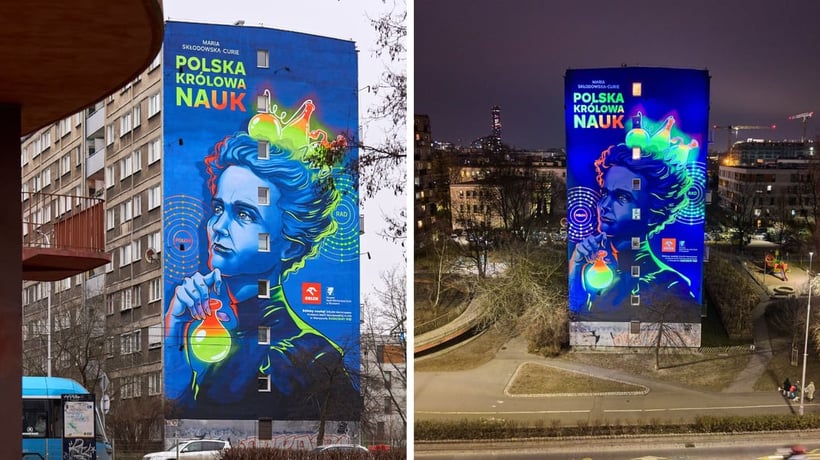On the occasion of the 20th anniversary of Poland’s presence in the EU, there are many summaries concerning co-funded investments and projects. Let us leave their analysis to statisticians. But I want to ask what Wroclaw people should notice if we were to speak of exceptional achievements resulting from our presence in the European Union?
It is the year 2016 – the moment when Wroclaw became the European Capital of Culture. This year was a turning point for Wroclaw culture, for a change in thinking about culture, for the way we communicate culture and for the establishment of institutions that have operated dynamically in Wroclaw until today. Equally important were previous efforts to obtain this title and the entire year of the celebration of the European Capital of Culture in Wroclaw.
The second quality is multiculturalism, which is visible in Wroclaw every day and which the city is proud of. As a result of Poland’s accession to the European Union, the state borders did not open only for Poles to leave to work in England or Germany. It was also a matter of Poland becoming a country where people from various parts of the world or Europe want to arrive, live and work – a place with which they bind some part of their life. The streets of Wroclaw are filled not only with tourists but also people who live and work here, speak different languages and create the social capital and flavour of the city. It is this openness and multiculturalism that Wroclaw is famous for.
And the third quality: Wroclaw has become a wealthy city. It is not only a question of infrastructure but also of approach to the urban reality, although this change was not immediate. I always want to stress: our being in the European Union is not only about the development of infrastructure but also a huge change in standards of daily functioning, mentality and the image of the city.
Lifestyle changes, bicycles emerge on a massive scale, people have more time, money and opportunities to create the image of the city in which they live, work, rest, entertain themselves and benefit from many other aspects it offers.
What is the future of the European Union?
Although the logo and flag of the EU are on thousands of investments, buildings and social facilities and will emerge on many occasions, there are still persons who doubt the benefits of our presence in the EU. How to characterise this group?
These doubters form various groups. Some opponents of the EU represent extreme political views, which we can see clearly also in the European Parliament. The extreme left says that the European Union is a capitalist wing, and the extreme right says that the EU is a leftist monster.
The second group comprises the people who have spent their whole life in one place, and their mental horizons do not allow them understand what the European Union actually is. This is ignorance, and fear goes hand in hand with it. This fear is exploited very skilfully by various media manipulators, who make a political capital on it. And our eternal opponent – Russia – joins the game by stimulating this fear and distributes various trumped-up stories of eating worms or the confiscation of uninsulated houses. This is utter nonsense.
There are also people who take much smaller advantage of the benefits that the EU brings to us.
Nevertheless, all of us use the benefits of the EU. This is a chain: the entrepreneurs who sell their products abroad and have more money pay higher taxes that go to the state budget. It is at that moment that people who are not direct beneficiaries benefit from Poland’s membership in the EU. If things were different, our GNP would be 40 per cent lower and the state would not afford social programs.
How will the EU change?
Predicting the future is difficult, but some trends can be recognised. We can see the factors that have an impact on the EU.
The EU is certainly changing as a result of an external threat. On the one hand, this is good because this leads to stronger consolidation. On the other hand, this is bad in itself, because we are losing our innocence. It has always been said that the EU is an organisation founded on the ruins of World War II that cares about peace. And this is so, but if we hear that EU leaders discuss the joint production of ammunition, we can think: such times have come. This demand for citizens’ safety will become even more important.
The EU will change, as the political scene in Europe is changing. It is a democratic structure that reacts to the mood of citizens. The elections to the European Parliament are ahead of us. Voices of the extreme right are strong in many EU countries. There is a growing polarisation of views. European parliamentarism is not longer a consensual parliamentarism where we all agree that we have one common vision and the difference lies in the details. This will lead to stronger and more emotional identification with the EU.
The elections to the European Parliament are in June
At the beginning of June, the elections to the European Parliament will take place. It is another election in Poland in a short period of time. How to convince people to visit polling booths again?
It is a very important election. We must remember that the European Parliament creates laws that are effective in Poland. Around 70 per cent of legal acts valid in Poland have passed through the European Parliament in one or another form.
As Poles, we need to have an active share in what happens in the EU. We want our voice to be heard, and we want to be responsible for the shape of the EU, just as we want to be responsible for the shape of our city or country. The difference is only in the scale. These are the elections on the largest scale. The voice of each of us has its weight, and this is worth taking advantage of.





